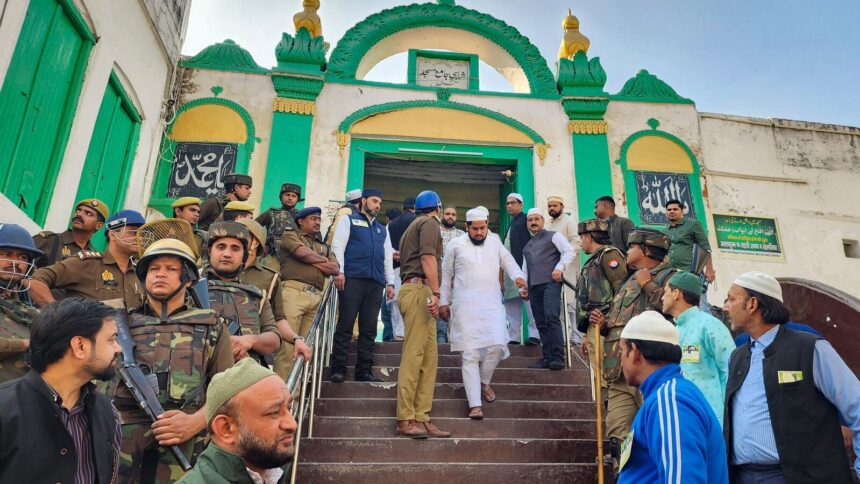Understanding Recent Developments in Indian Politics: A Focus on the Places of Worship Act and Recent Events
Introduction
In the dynamic landscape of Indian politics, developments can shift rapidly, impacting communal relationships, government policies, and societal norms. This blog aims to provide an in-depth perspective on recent political occurrences as of January 16, 2025. Two notable events capture attention: Congress’s intervention in the Supreme Court regarding the Places of Worship Act and the launch of significant development projects in Gujarat.
Congress Moves Supreme Court Against Places of Worship Act Challenges
On January 16, 2025, the Indian National Congress party intervened in a Supreme Court case that challenges the Places of Worship Act, established in 1991. The Act was designed to maintain the status of religious places as they existed on August 15, 1947, effectively freezing their religious status and barring changes to their character.
Protecting Communal Harmony
The Congress party’s argument centers on the Act’s critical role in preserving India’s secular fabric—a framework that aims to maintain peace amongst the country’s diverse religious communities. The party warns that any alterations to the Act could jeopardize communal harmony, highlighting the sensitive socio-political environment in India where religious tensions are often prevalent.
Political analysts suggest that the Congress’s move reflects ongoing concerns regarding the politicization of religion in electoral politics and the increasing polarization in society. The party’s intervention indicates its strategy to present itself as a defender of secularism amidst rising Hindu nationalist sentiments that challenge historical agreements on communal order.
Development Projects in Gujarat
On the same day, a significant political event unfolded in Gujarat, where Union Home Minister Amit Shah, accompanied by Gujarat’s Chief Minister Bhupendra Patel, launched substantial development projects worth approximately ₹241 crore in Mansa. Among the initiatives, a major highlight is the construction of a barrage on the Sabarmati River, costing around ₹234 crore.
Economic Impact on Local Communities
This barrage promises to enhance irrigation across more than 3,500 hectares of farmland, benefiting numerous farmers and local villages. Such large-scale projects are often propagated as gateways to economic development, providing essential infrastructure that aims to boost agriculture and support rural communities in Gujarat.
Amit Shah’s initiative not only seeks to secure political support within the region but also demonstrates the BJP’s commitment to development-oriented governance—an increasingly critical aspect in Indian political agendas.
Conclusion
As India navigates through complexities surrounding its political identity, the juxtaposition of these events—the Congress’s legal strategies concerning the Places of Worship Act and the BJP’s development agendas—offers a window into the multifaceted nature of governance and societal interaction in the country.
The ongoing discourse surrounding secularism, communal harmony, and development will continue to shape the political landscape leading into upcoming elections. Voters will be keenly observing how these narratives unfold, influencing their perceptions and decisions in a rapidly changing sociopolitical environment.
Call to Action
Stay tuned for continued updates and analysis on these developing stories as they evolve and shape the future of Indian politics. Your engagement in understanding these issues highlights their importance in our ever-changing society.










